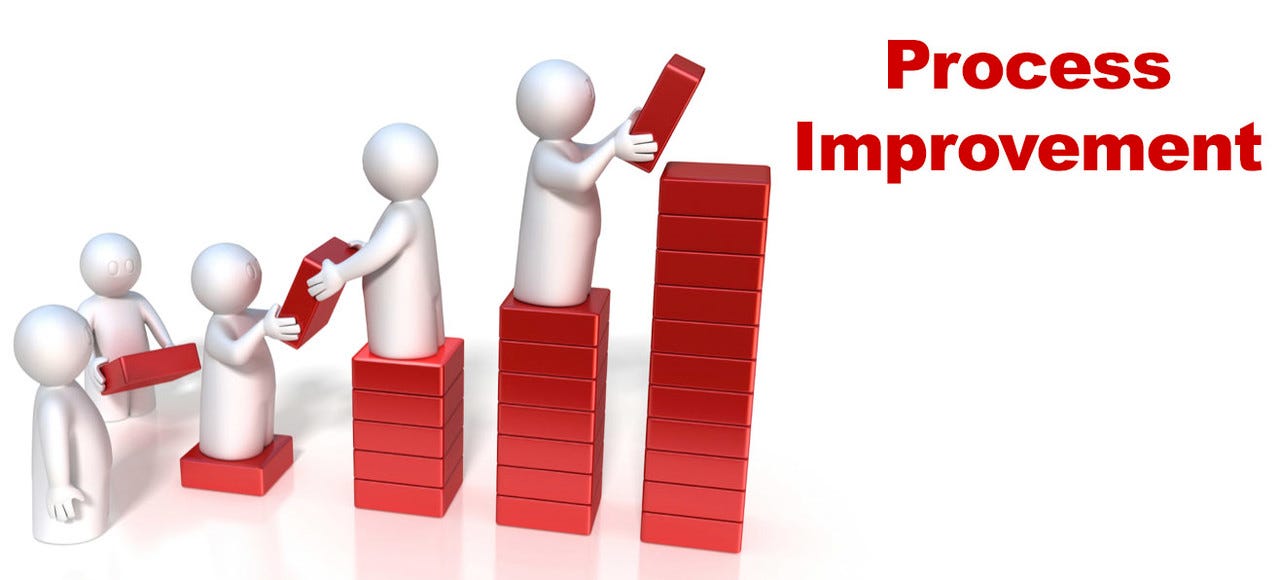This post is sponsored by cs2investments.com
The ultimate dashboard for tracking, analyzing and managing counter strike skins portfolio - coming soon.
Hi Product friend, let me tell you a story.
The finish line is in sight. Months of ideation, planning, and development are about to culminate in a release.
But then, the inevitable bottlenecks appear: misaligned expectations, last-minute bugs and unclear responsibilities. Sound familiar? The release process can feel like a nightmare - but it doesn’t have to.
As Product Managers, our role doesn’t end with defining the roadmap or managing the backlog. We play a critical part in ensuring the smooth and timely delivery of our product to the market. Here are eight ways you can elevate the release process and become a reliable anchor for your team:
1. Master the Release
Before diving into optimization, understand the terrain. What does the release pipeline look like? Are there multiple platforms requiring synchronization, or can they roll out independently? Clarity on these nuances will help you manage expectations and avoid surprises down the line.
2. Define the Rules of the Game
Chaos thrives in ambiguity. Collaborate with your team to formalize the release process. Create and share documents like a Definition of Ready and Definition of Done, ensuring everyone knows their role, responsibilities and timelines. A shared understanding reduces friction and keeps the team aligned.
3. Resist Specific Dates
Stakeholders often crave hard deadlines, but promising fixed release dates is a gamble that can lead to disappointment. Instead, frame timelines around relative events - like “in version 3.2” or “after Sprint 15.” This approach provides flexibility while maintaining clarity.
4. Reserve Capacity for Process Improvement
The release process is rarely perfect, but it won’t improve on its own. Advocate for dedicating team capacity to analyze and refine release workflows. Whether it’s reducing manual steps or addressing recurring blockers, small incremental improvements can yield substantial long-term benefits.
5. Champion Automation
TELL ME WHY, WE, ALWAYS, NEGLECT, AUTOMATION?!
Manual processes are prone to error, time-consuming, and demoralizing. Work with your team to identify repetitive tasks that can be automated. From CI/CD pipelines to automated testing, investing in automation not only accelerates the release process but also enhances reliability.
6. Bridge the Gaps Between Teams
Product releases often involve multiple departments—engineering, QA, design, marketing, and support. As a PM, you’re uniquely positioned to act as the glue that holds these teams together. Facilitate cross-functional communication, ensure everyone has the information they need, and address dependencies proactively.
7. Communicate Early and Often
Releases don’t fail in silence; they fail in confusion. Keep stakeholders informed about progress, risks, and changes as early as possible. Frequent, transparent communication builds trust and helps everyone prepare for potential delays or adjustments.
8. Celebrate Wins and Learn From Misses
Releases are milestones, and they deserve recognition. Celebrate successful launches to boost team morale and acknowledge hard work. On the flip side, conduct retrospectives for releases that faced challenges. Use these lessons to create a culture of continuous improvement.
Why It Matters
A smooth release process isn’t just a technical achievement; it’s a strategic enabler. When the team has confidence in their ability to release on time and without chaos, they can focus on innovation rather than firefighting.
For customers, timely and reliable updates reinforce trust in your product. And for you as a Product Manager, a streamlined release process reflects your ability to lead effectively and deliver value.
So the next time a release is on the horizon, remember: your role goes beyond delivering features. It’s about delivering them with confidence, clarity, and consistency.
Do you have any ideas you would like to share? Get in touch on LinkedIn 👇
In this episode I sit with Manu, co-founder & CEO of Producta.ai, to explore how AI is changing software development. 🤯
We talk about:
⚡ AI-powered ticket solving - How it works
💡 The future of AI in coding - Will developers be replaced?
🛠️ Building an AI SaaS as an indie hacker - Challenges & lessons learned
See full episode on YouTube.














